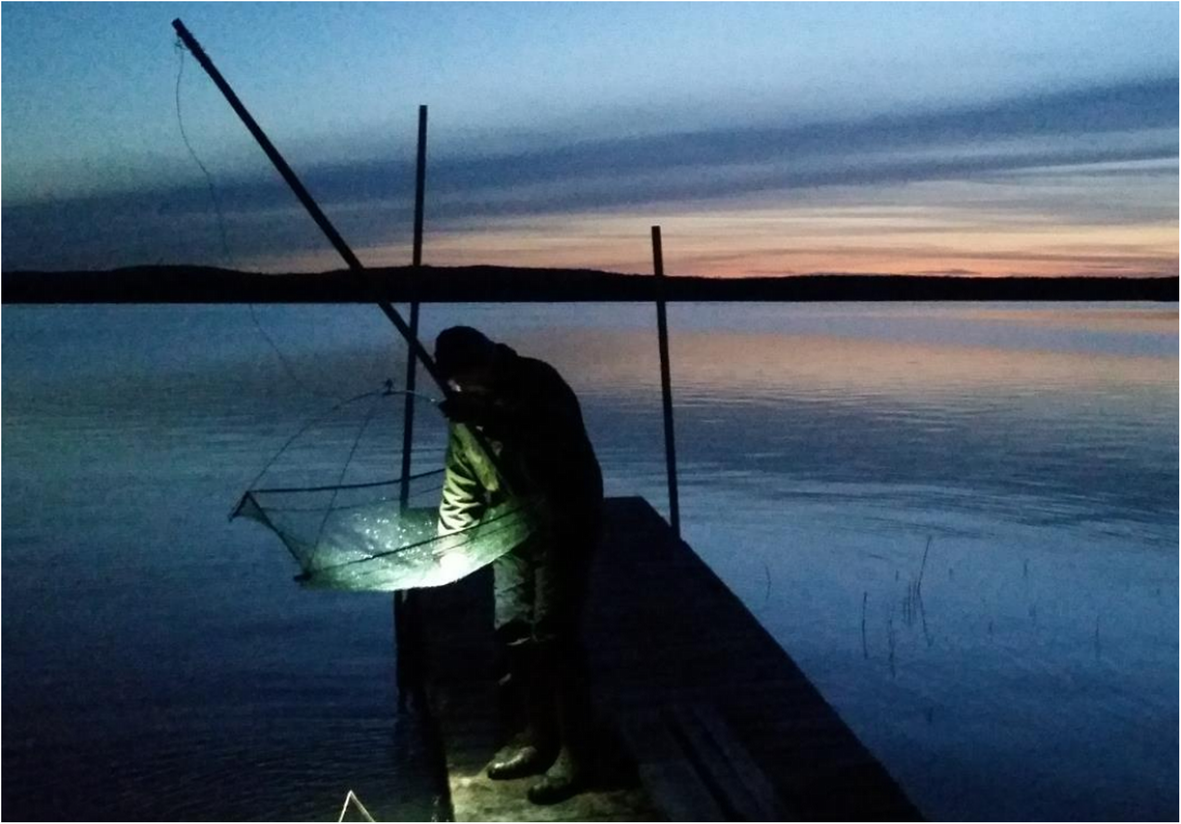A Tapestry Woven Through Time
The history of fisheries is a testament to humanity’s enduring relationship with the sea. From the earliest humans venturing into coastal waters to the vast, industrial-scale operations of today, our interaction with marine life has shaped civilizations, cultures, and economies.

Early Beginnings: Sustenance and Survival
Long before recorded history, humans recognized the sea as a source of sustenance. Coastal communities thrived on the bounty of the ocean, developing intricate knowledge of marine ecosystems and the behaviors of various species. Simple tools and techniques, such as handlines and spears, were employed to harvest fish and shellfish, providing essential nutrients and supporting the growth of early settlements.
The Rise of Maritime Civilizations
As human societies evolved, so too did their relationship with the sea. The development of seafaring technologies, such as boats and sailing vessels, enabled humans to venture further offshore, expanding their fishing grounds and facilitating trade and exploration. Maritime civilizations, such as those of the Phoenicians, Greeks, and Romans, flourished, their economies often intertwined with the fortunes of their fishing fleets.
The Age of Exploration and Beyond
The European Age of Exploration ushered in a new era of maritime activity, driven by the pursuit of new lands, resources, and trade routes. Fishing expeditions accompanied voyages of discovery, expanding the global reach of fisheries and introducing new species and fishing methods to different parts of the world.
Industrialization and its Impact
The Industrial Revolution brought about significant changes in the fishing industry. The introduction of steam-powered vessels, large-scale nets, and advanced processing technologies led to a dramatic increase in fishing capacity. While this provided a surge in seafood supply, it also had unintended consequences, including overfishing and habitat destruction.
Modern Challenges and Sustainable Solutions
Today, the fishing industry faces a multitude of challenges, including overfishing, climate change, and pollution. Ensuring the long-term sustainability of fisheries requires a multifaceted approach, encompassing responsible fishing practices, marine protected areas, and innovative aquaculture techniques.
A Legacy of Interdependence
The history of fisheries is a story of human ingenuity, resourcefulness, and the delicate balance between our needs and the health of the oceans. As we navigate the challenges of the 21st century, it is crucial to recognize the enduring legacy of fisheries and strive for a future where humanity and the sea can coexist in harmony.
Read More : Navigating the Fishbowl: Understanding and Thriving in Transparent Work Environments



